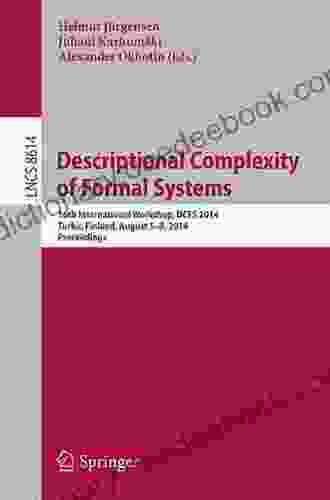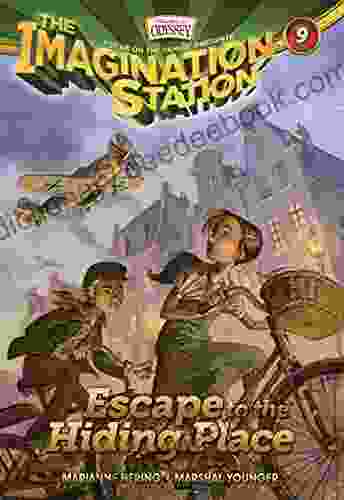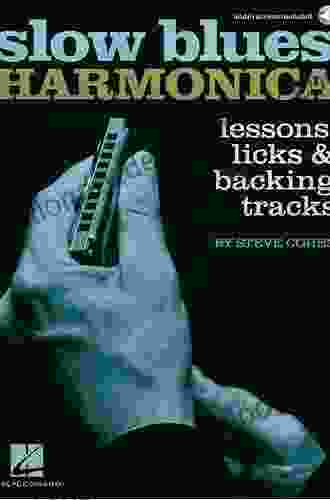Delving into the Descriptive Complexity of Formal Systems

In the realm of formal systems, the study of descriptive complexity seeks to uncover the inherent complexities of expressing properties and concepts within those systems. By exploring the computational resources required to describe such properties, we gain valuable insights into the expressive power and limitations of formal systems. This article embarks on an in-depth exploration of descriptive complexity, examining its fundamental concepts, historical development, and applications across various disciplines.
Formal Systems: A Foundation for Description
Formal systems provide a structured framework for representing and manipulating information. They consist of a set of symbols, rules for combining these symbols, and a mechanism for deriving new expressions from existing ones. Formal systems serve as a cornerstone for various disciplines, including mathematics, logic, and computer science.
4.6 out of 5
| Language | : | English |
| File size | : | 69201 KB |
| Text-to-Speech | : | Enabled |
| Screen Reader | : | Supported |
| Enhanced typesetting | : | Enabled |
| Print length | : | 265 pages |
Descriptive Complexity: Delving into Expressiveness
Descriptive complexity delves into the intrinsic difficulty of expressing properties within formal systems. It investigates the computational resources, such as time and space, necessary to describe specific properties and concepts. By quantifying this complexity, we gain a deeper understanding of the expressive power of different formal systems.
Logics of First-Order Reasoning
First-order logic (FOL) stands as a fundamental logical framework for representing complex statements. It allows for the expression of concepts involving objects, properties, and relationships. The expressive power of FOL is evident in its ability to define a wide range of properties, including arithmetic truths, graph connectivity, and even the unsolvability of the halting problem.
Descriptive Complexity of FOL
The descriptive complexity of FOL quantifies the computational resources required to express properties within its framework. It can be classified into various levels, ranging from elementary properties expressible in polynomial time to more complex properties requiring exponential or even non-deterministic exponential time. This classification provides insights into the inherent difficulty of representing different types of properties in FOL.
From FOL to Extensions: Enhancing Expressiveness
While FOL offers substantial expressive power, extensions and variations have been developed to enhance its capabilities. Modal logics, for example, incorporate modalities such as necessity and possibility, allowing for the expression of properties involving knowledge, belief, and time. Other extensions include temporal logic, description logic, and probabilistic logic, each providing specialized features for representing properties in specific domains.
Applications of Descriptive Complexity
Descriptive complexity finds applications across various disciplines, including:
- Database Theory: Optimizing query evaluation by understanding the complexity of expressing database constraints. - Software Engineering: Verifying program correctness by analyzing the descriptive complexity of program properties. - Artificial Intelligence: Designing knowledge representation systems by characterizing the complexity of representing different classes of knowledge. - Computational Complexity Theory: Establishing relationships between descriptive complexity and computational complexity, providing insights into the inherent difficulty of various computational problems.
Historical Development: A Rich Tapestry
The study of descriptive complexity has a rich history, tracing its roots to the early investigations into the foundations of mathematics and logic. Notable milestones include:
- Leibniz and Euler: The foundations of mathematical logic and the development of first-order logic. - Gödel: Completeness and incompleteness theorems, highlighting the limits of FOL. - Büchi: The of descriptive complexity as a field of study, investigating the complexity of FOL properties. - Immerman and Vardi: The development of automata-theoretic techniques for classifying the descriptive complexity of FOL.
Descriptive complexity stands as a vibrant and active area of research, continuously expanding our understanding of the expressive power and limitations of formal systems. By unraveling the complexities of describing properties, descriptive complexity provides a valuable tool for analyzing and designing systems in a wide range of disciplines. As the boundaries of formal systems continue to expand, the study of descriptive complexity will undoubtedly play a central role in unlocking the full potential of these powerful tools for representing and reasoning about the world.
4.6 out of 5
| Language | : | English |
| File size | : | 69201 KB |
| Text-to-Speech | : | Enabled |
| Screen Reader | : | Supported |
| Enhanced typesetting | : | Enabled |
| Print length | : | 265 pages |
Do you want to contribute by writing guest posts on this blog?
Please contact us and send us a resume of previous articles that you have written.
 Text
Text Genre
Genre Library
Library Paperback
Paperback E-book
E-book Magazine
Magazine Bookmark
Bookmark Glossary
Glossary Bibliography
Bibliography Foreword
Foreword Preface
Preface Synopsis
Synopsis Annotation
Annotation Manuscript
Manuscript Scroll
Scroll Tome
Tome Biography
Biography Autobiography
Autobiography Memoir
Memoir Reference
Reference Thesaurus
Thesaurus Narrator
Narrator Character
Character Resolution
Resolution Librarian
Librarian Borrowing
Borrowing Stacks
Stacks Archives
Archives Periodicals
Periodicals Scholarly
Scholarly Lending
Lending Journals
Journals Rare Books
Rare Books Special Collections
Special Collections Study Group
Study Group Thesis
Thesis Dissertation
Dissertation Reading List
Reading List Theory
Theory Textbooks
Textbooks Christian Reus Smit
Christian Reus Smit Colleen Valles
Colleen Valles Kindle Interactive Edition
Kindle Interactive Edition Christopher Heard
Christopher Heard Sarah Lundberg
Sarah Lundberg Alison Campbell
Alison Campbell Stan Sakai
Stan Sakai Monique Bucheger
Monique Bucheger Caroline Lawrence
Caroline Lawrence Monika Weidlich Kolnhofer
Monika Weidlich Kolnhofer Theodore Evergates
Theodore Evergates Avenged Sevenfold
Avenged Sevenfold Blair Howard
Blair Howard Mary Jane Staples
Mary Jane Staples Ted Lewin
Ted Lewin Nancy K Baym
Nancy K Baym Margaret Daley
Margaret Daley Tony Preciado
Tony Preciado Daniel Nayeri
Daniel Nayeri Torquato Tasso
Torquato Tasso
Light bulbAdvertise smarter! Our strategic ad space ensures maximum exposure. Reserve your spot today!
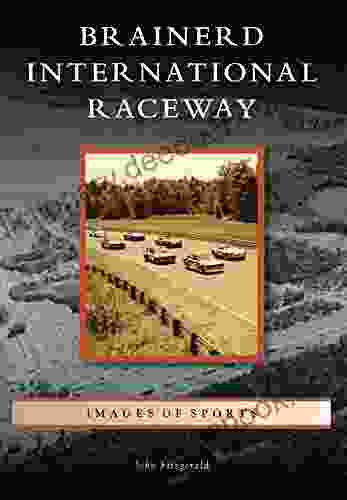
 Emmett MitchellBrainerd International Raceway: A Picturesque Journey Through Motorsport...
Emmett MitchellBrainerd International Raceway: A Picturesque Journey Through Motorsport... Gabriel HayesFollow ·9.9k
Gabriel HayesFollow ·9.9k Stephen FosterFollow ·13.6k
Stephen FosterFollow ·13.6k Dean CoxFollow ·2.8k
Dean CoxFollow ·2.8k Cormac McCarthyFollow ·15.7k
Cormac McCarthyFollow ·15.7k Martin CoxFollow ·13.4k
Martin CoxFollow ·13.4k Percy Bysshe ShelleyFollow ·14.9k
Percy Bysshe ShelleyFollow ·14.9k W.B. YeatsFollow ·2.1k
W.B. YeatsFollow ·2.1k Roland HayesFollow ·16.2k
Roland HayesFollow ·16.2k

 Jerome Powell
Jerome PowellBarbara Randle: More Crazy Quilting With Attitude -...
A Trailblazing Pioneer in...
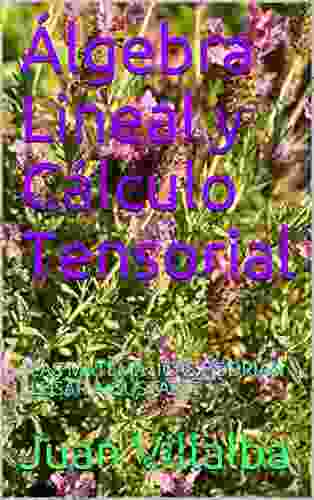
 Jan Mitchell
Jan MitchellLapax: A Dystopian Novel by Juan Villalba Explores the...
In the realm of dystopian literature, Juan...
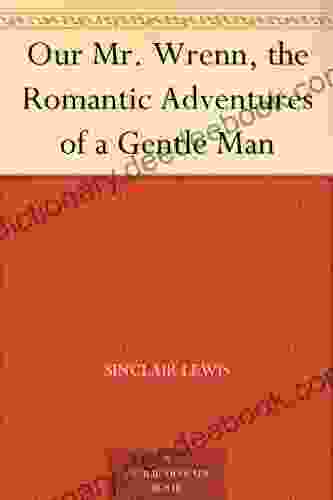
 Rodney Parker
Rodney ParkerOur Mr. Wrenn: The Romantic Adventures of a Gentle Man
Our Mr. Wrenn is a 1937 novel...
4.6 out of 5
| Language | : | English |
| File size | : | 69201 KB |
| Text-to-Speech | : | Enabled |
| Screen Reader | : | Supported |
| Enhanced typesetting | : | Enabled |
| Print length | : | 265 pages |


